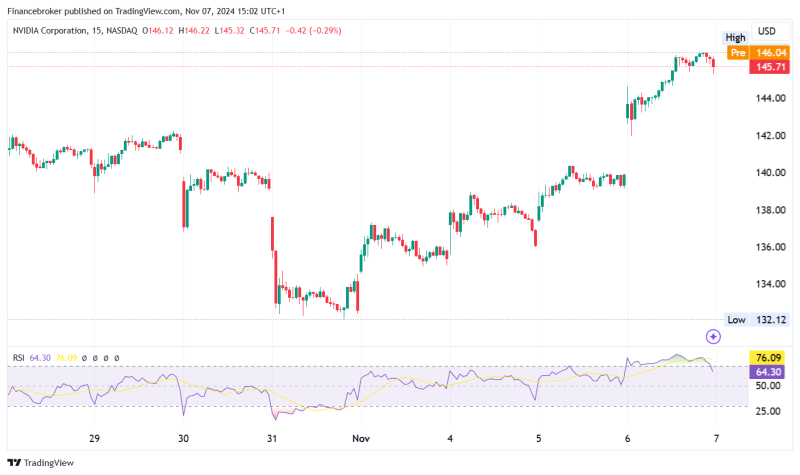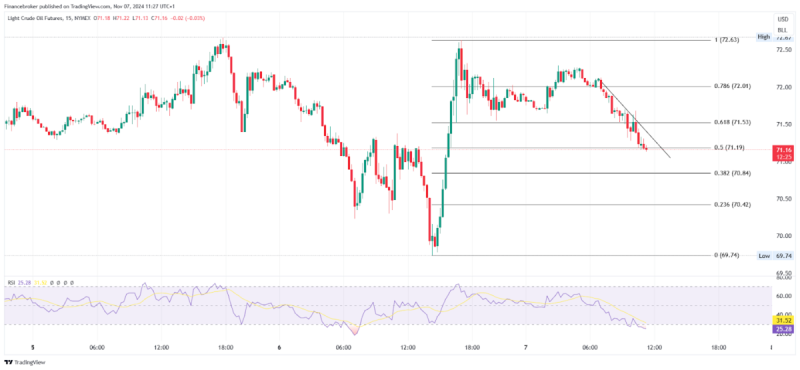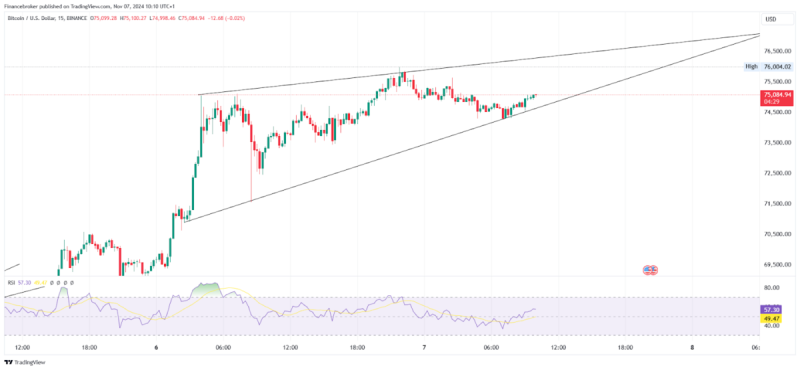Judge hears arguments in bankruptcy case of Deion Sanders’ son Shilo

DENVER – A federal bankruptcy judge heard arguments Thursday in the bankruptcy case of Colorado football player Shilo Sanders and questioned whether there was enough evidence right now to make a ruling against Sanders that would prevent Sanders from discharging more than $11 million in debt.
Judge Michael Romero issued no rulings after the court hearing. But he indicated that if he eventually denies the request for a summary judgment against Sanders, the case could go to trial to determine what Sanders’ mental state was when Sanders allegedly assaulted a security guard at his school in 2015, when Sanders was 15 years old.
“If I deny the motion for summary judgment and we have a trial, don’t you agree it’s only on the mental state that existed at the time?” Romero asked Sanders’ attorney. “Is that the only issue I would have before me? I’m not going to try the whole bloomin’ thing again.”
Sanders’ attorney agreed.
“What was going through this 15-year-old’s mind at the time is what I think this case is about,” said the attorney, Victor Vital.
Shilo Sanders has turned over about $210,000 in case
Sanders, son of Colorado coach Deion Sanders, so far has turned over about $210,000 to the bankruptcy estate along with his tax returns, bank statements and copies of endorsement deals, according to Keri Riley, another attorney of his who attended the hearing. She said Sanders also had his apartment inspected as he seeks to get his debt discharged in bankruptcy proceedings.
Sanders did not attend the hearing in court in downtown Denver as his team prepares to play at Texas Tech Saturday. He is a graduate student at Colorado and was Colorado’s leading tackler last year.
“We have been cooperating,” Riley told the judge.
What was this bankruptcy hearing about?
This was a critical summary judgment hearing about a central issue in Shilo’s bankruptcy case.
Shilo Sanders filed for bankruptcy in October 2023, hoping to get out of more than $11 million in debt that he owes to John Darjean, a security guard at his former school in Dallas.
Debtors generally can discharge their debts by filing for bankruptcy so they can get a “fresh start, free from the oppressive burdens of his debt,” as his attorneys said. But there are exceptions in the law that prevent debts from being discharged in certain cases. One of them is if the debt stems from a “willful and malicious injury by the debtor.”
In this case, Darjean’s attorneys have argued this is why Shilo should remain on the hook to pay back Darjean every cent that he owes him. They say the debt should not be dischargeable because it stems from a willful and malicious injury that Shilo inflicted upon Darjean in 2015 when Darjean was trying to confiscate his phone at school. Darjean alleged that Shilo struck him in the upper chest with a roundhouse elbow, giving him permanent injuries, including spinal problems and incontinence.
Darjean then sued Shilo for damages in civil court in Texas, where he presented evidence about what happened and won an $11.89 million default judgment against Shilo after trial in 2022. Darjean’s attorney, Ori Raphael, argued that judgment and findings from the Texas court are enough to establish that it was “willful and malicious” even though those Texas court documents don’t actually say those exact words.
“I think you should assume based on these findings of fact and final judgment, that there is willful and malicious (intent),” Raphael told the judge.
What was in dispute here?
Shilo and Deion Sanders previously said Darjean was the aggressor, not Shilo, but it might be too late to dispute that in court. Shilo didn’t show up for the trial about it in 2022 and now has attorneys trying to get him out of paying the judgment in bankruptcy at age 24.
Darjean’s attorneys want the judge to rule in summary judgment that Sanders’ debt to Darjean is non-dischargeable because it stems from a willful and malicious injury by Shilo. They say that Shilo’s assault against Darjean was established by civil court in Texas, and they shouldn’t have to relitigate that again in another trial.
“On September 17, 2015, Shilo Sanders did in fact cause physical harm and injuries to John Darjean by assaulting him,” said the final judgment signed by a Texas judge in 2022.
In response, Shilo’s attorneys have argued that there is nothing in that final judgment or other findings in that case that satisfy “willful and malicious” intent under the law to make the debt non-dischargeable. Whether it was “willful and malicious” relates to Sanders’ mental state at the time.
“We’re only left to speculate about what the mental state was,” Vital told the judge.
What happens if the judge rules against Shilo Sanders?
If the judge rules this debt is not dischargeable under the law, it would mean that Shilo would be on the hook to pay back Darjean, who would then try to collect on Shilo’s possessions to get what is owed him. It would defeat Shilo’s entire reason for filing for bankruptcy in the first place – to discharge this debt.
The judge took the issue under advisement Thursday and will rule later. It could come down to semantics and word definitions about what is “willful and malicious.”
“I’m worried it’s just become a semantics game because those two words aren’t there (in the Texas court judgment and findings) − therefore it’s not willful and malicious,” Raphael told the judge.
“This is a court; semantics are everything,” Judge Romero told him.
“Like what the definition of ‘is’ is,” Raphael said.
“That’s exactly right,” the judge said. “Welcome to my world.”
What happens if judge rules in favor of Shilo?
If the judge finds that the facts aren’t clear enough about whether it was “willful and malicious,” the case could proceed to trial to answer that question instead of the judge making a summary judgment now. The case would then continue as Darjean fights Shilo’s discharge attempt on multiple fronts.
His attorney essentially argued it’s possible Shilo could have been reckless or negligent instead of willful and malicious.
“We’re going to have to have a trial in front of Your Honor so you can find parsing through the minutiae … whether there was the requisite mental state of willfulness and malice,” Vital told the judge.
What else did the judge say?
In a separate matter Thursday, the judge said he wants Darjean’s attorneys to coordinate their pursuit of evidence in this case with the bankruptcy trustee who is in charge of locating assets and selling them for creditors.
Darjean’s attorneys recently asked the judge to expand the investigation into Shilo’s assets to include a subpoena for information about Shilo’s assets from Deion Sanders and other third parties.
The trustee this week also has asked the court to be granted access to documents from the University of Colorado, Wells Fargo bank and Redpoint Financial Group, an accounting firm, in order to assess and round up Shilo’s property and financial condition on behalf of creditors.
“We’re trying to find out who is paying who for the NIL endorsements, where is the money coming from to buy the house and the cars and the jewelry … and whatever else we find,” said Jeff Carruth, another attorney for Darjean.
Carruth said this may require forensic accounting.
“Mr. Darjean, after waiting all these years, is entitled to his money,” Carruth said.
The judge said he doesn’t want third parties in this case to be bothered for evidence more than once.
“Looking at the breadth of the document requests you are doing … and knowing all the parties involved and knowing the high profile of this particular case, I want to make sure that we do this in a coordinated fashion,” the judge said.
Shilo Sanders is playing his final season of college football this fall. He has started five games for the Buffaloes (6-2) but missed three with a broken forearm.
Follow reporter Brent Schrotenboer @Schrotenboer. Email: bschrotenb@usatoday.com







